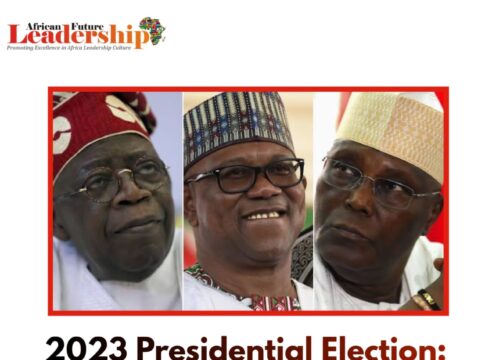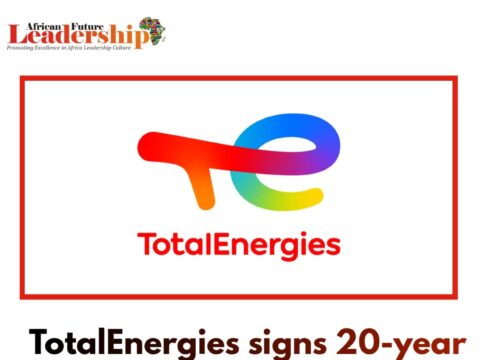It’s the continent’s largest economy and its largest democracy. 18 candidates are chasing the job of fixing its problems.
No matter what happens in Nigeria this weekend, as the voters choose among the 18 candidates who will be the successor of President Muhammadu Buhari, one thing is certain that the result will be beyond the borders of the country.
Nigeria is Africa’s largest democracy and economy. But that almost goes without saying why it is important.
“In West Africa itself, Nigeria is a regional hegemon,” Dele Babalola, a senior lecturer in politics and international relations at Canterbury Christchurch University in the U.K., told Grid.
“And even at the level of the African Union (the continent-wide grouping of 55 countries), Nigeria is a major player. It is seen as a democratic example, and in the past, it has also used its influence to help settle conflicts in the African region.”
This “democratic example” is particularly important: In recent years, parts of West Africa have witnessed a democratic rollback, with military leaders ousting elected governments in Burkina Faso and Mali.
READ MORE: What a trip! Biden, 80, stumbles on the Air Force One stairs again
As for the rest of Africa, the picture on this front is uninspiring: A recent study published by the Mo Ibrahim Foundation showed that much of Africa is “less safe and less democratic” today than it was 10 years ago. Since 2012, there have been more than 23 successful or attempted coups across the continent.
With a population of some 210 million people, democratic Nigeria thus stands out “like a beacon,” as Babalola put it to Grid.
The flip side is that given its size, Nigeria’s problems tend to have an impact beyond its borders.
“The issues in Nigeria don’t stay in Nigeria,” Feyi Fawehinmi, co-author of “Formation: The Making of Nigeria from Jihad to Amalgamation,” told Grid.
The current campaign has focused on two fundamental and far-reaching issues: security and the economy.
“There is a crisis on both fronts,” Fawehinmi explained.
And in both cases, Fawehinmi and other experts told Grid that solving these crises will ultimately matter not just to Nigerians but to millions of people across the continent.
A deadly insurgency — and its impact
When it comes to security, Nigeria is facing a fast-worsening problem, one that began with an insurgency in the country’s northeast and has metastasized into a nationwide challenge.
For more than a decade, the country has battled a violent rebellion that started in its Borno state, led by the extremist Boko Haram group, which is fighting to establish Islamic Sharia law in the region. The U.N. estimates that the resulting violence has killed 35,000 people. More than 2 million others have been displaced by the fighting. And as the U.N.’s top humanitarian official in Nigeria said recently, the crisis “shows no sign of abating.”
For Nigeria, it’s both a major security threat and an economic drain. The country raised its military spending by 56 percent in 2021, to $4.5 billion, in large measure as a response to the Boko Haram insurgency. For the wider region, there is the threat that Boko Haram’s forces may pose to them as well as concerns about a large-scale migration. The displacement of Nigerians is “not something other countries in West Africa can deal with,” Babalola said.
“We are talking about a country of more than 200 million. How many countries in the region can accommodate even a tenth of that, if there is a major refugee crisis in Nigeria?”
The security problems, meanwhile, have begun to affect other parts of Nigeria.
“What started off in the northeast as a low-level war against Islamic militants has pretty much spread to the whole country,” Fawehinmi told Grid. “Not in terms of the insurgency, but in terms of general crime — kidnapping, banditry and so on.”
An overstretched security apparatus has struggled to stem the rising tide of crime. Kidnapping for ransom, for example, has become increasingly commonplace, with one estimate from a Lagos-based think tank suggesting that Nigerians paid out just under $11 million to kidnappers between 2016 and early 2020. (If that seems like a small number, consider that nearly two-thirds of Nigerians live on less than $2 a day.)




